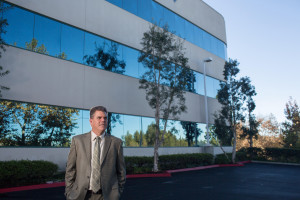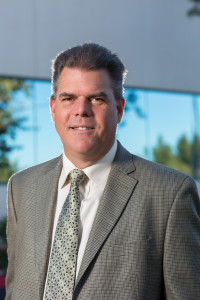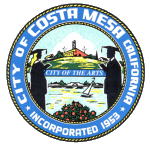Michael Balliet Consulting provides environmental consulting services to government entities specializing in franchise fee auditing and waste hauling industry related services. CBJ interviewed Mr. Balliet about his expertise, how the waste hauling industry has evolved and steps cities can take to provide quality and cost effective services to their residents.
1. Tell us about working in environmental and waste hauling consulting and the work you’ve done over the years.
I have been helping municipalities and county governments with all areas of solid and hazardous waste compliance since 1991. I’ve been fortunate enough to work on every phase of this process; from developing city planning documents to implementing and managing programs. I’ve been doing this for most of my clients for over 10 years, and over 20 for the City of Costa Mesa.
The natural progression of this work has been to manage and audit exclusive and non-exclusive franchises, private recyclers, and ancillary haulers as an agent for municipalities. I also have collaborative relationships with several national auditing firms. My primary partnership in that area is with MuniServices, LLC. We have been working together since 2007.
2. How has the waste hauling industry changed in California over time? How have new regulations and standards in this area impacted cities in California?
Waste haulers have necessarily become much more sophisticated. The industry had a major role in the development of AB 939 (California’s major solid waste legislation), and is actively lobbying on all new regulations. This resulted in the elimination of most small haulers and the growth of regional and national hauling conglomerates. This isn’t a good or bad development, just a reality that has changed the traditional dynamic between a city and their local hauler. The dollars at stake have also increased exponentially. For cities, they must deal with a myriad of unfunded mandates while creating compliance infrastructures and reclaiming local revenues through state managed grant programs. Haulers are often tasked with municipal compliance issues requiring major capital outlays for facilities and equipment.
3. What are some ways that cities are currently missing opportunities to generate revenue and increase service standards in the area of waste hauling?
There are two major problems I see throughout the state and even in other parts of the country. The first is relying too much on your trash hauler. Trust, but verify. Not enough cities are doing that. Too many cities rely on the hauler to create reporting methodologies and self-assess the cost-effectiveness of required programs. While not typical, in some instances these interpretations are unreasonable- thus the million dollar plus audit settlements I’ve achieved for clients.
The second problem is ignoring or not properly monitoring ancillary hauling. Contractor self-haul, private recycler collections, commercial landscapers and other specialty haulers are operating in every jurisdiction. On average they account for 25% of a municipality’s solid waste disposal. In addition to being a compliance problem, cities are missing out on substantial revenues that reasonable permit systems could generate.
4. What are some of the issues with conflicts of interest involving waste hauling contracts? How can cities address these issues to ensure transparency and fairness when entering agreements?
It is important for cities to recognize that their franchised hauler is an expert in contracting, negotiations, maximizing operating profits and managing their municipal clients. Familiarity with your hauler and loyalty can be good things. However, periodic reviews of your agreement and hauler compliance, performed by a third-party is the best way to ensure that the city is maximizing their benefits from this contract. Regular financial audits must include an assessment of franchise agreement compliance, including rate increases. I cannot stress that enough.
5. Tell us about some ways that you have helped cities generate unexpected revenue.
My hauler financial and compliance audits always find revenues for my clients. On average the benefit is three to five times the audit contract cost. A few cities have realized significantly more with the highest being $3.1 million.
What I’m most excited about is creating simple permit programs that allow cities to effectively manage ancillary hauling. Remember, 25% of the average municipality’s disposal is coming from these often unregulated sources. With last year’s passage of AB 341 (solid waste component of the Global Warming Solutions Act), cities are compelled to count waste diversion much like they were when AB 939 was first passed. Cities can turn this unfunded mandate into new revenues very easily, and with minimal impact, through a reasonable fee structure and quarterly reporting programs. We offer cities help in finding the best way to do this for very little up-front cost, all of which is covered by new program revenue.
 6. Tell about a hobby or activity you enjoy outside of work.
6. Tell about a hobby or activity you enjoy outside of work.
I’m a huge baseball fan. My oldest boy played in college and my youngest is playing in high school. When I’m not watching a ball game I enjoy a round of golf from time to time. I also have a company that has managed a disc golf course concession contract with the City of Huntington Beach since 1997. I think disc golf is the “next big thing” and hope to find other cities interested in adding a new course or improving the course they have. Come to think of it that’s not exactly “outside of work” but I’m lucky enough to do what I enjoy for a living so the lines between work and hobby have blurred for me.



